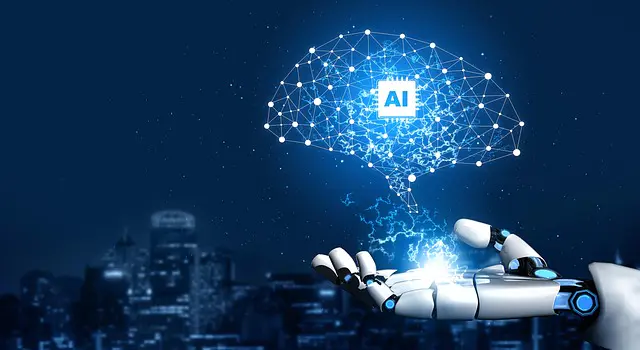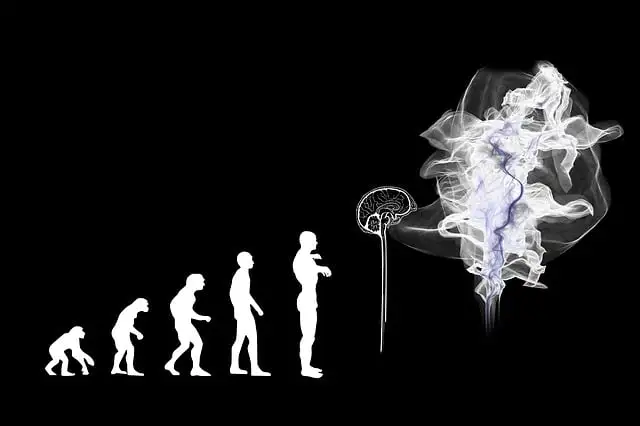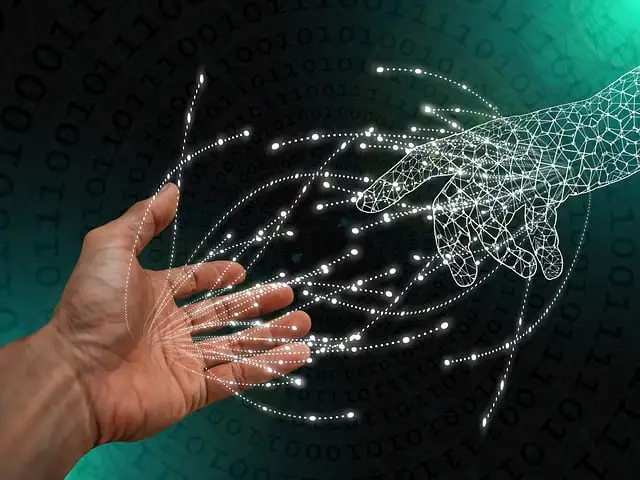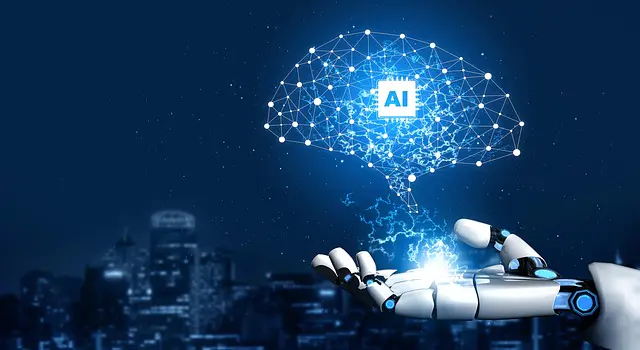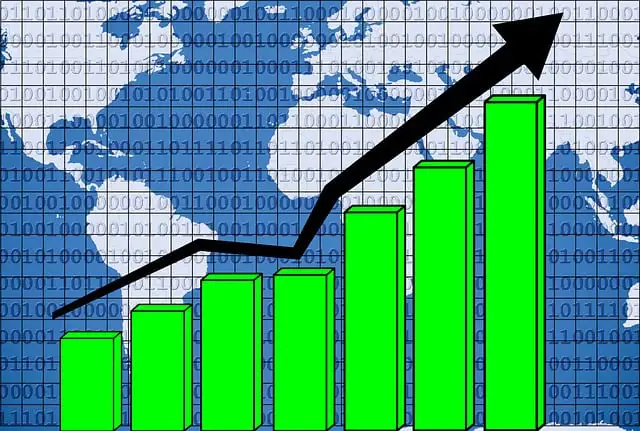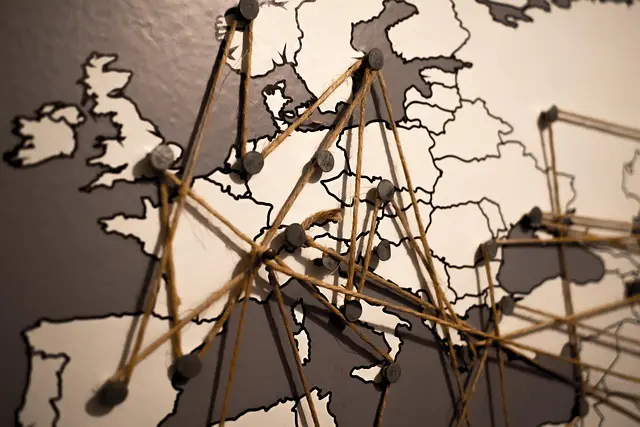Faced with the intertwined challenges of climate change, loss of biodiversity, and resource scarcity, there is an increasing need to rethink our economic frameworks to prioritize ecological sustainability. Artificial Intelligence presents a novel avenue for reevaluating resource management and aligning economic endeavors with environmental goals.
Historically, global economic strategies have been dominated by the pursuit of GDP expansion, often to the detriment of environmental and societal health. This relentless focus on growth has led to the overuse of natural resources, deforestation, ocean depletion, and has significantly contributed to climate change.
The crux of these issues lies in the flawed assumption that economic expansion can proceed indefinitely without encountering ecological constraints. Economic practices frequently disregard environmental costs, treating them as peripheral rather than integral to the equation.
A prime example is conventional agriculture, which has long focused on maximizing short-term yields through the extensive use of chemical fertilizers and single-crop farming. While this approach increases immediate productivity, it results in soil erosion, water scarcity, and a decline in biodiversity, jeopardizing the long-term viability of food systems.
Artificial Intelligence has the capacity to disrupt these obsolete paradigms by facilitating the shift towards circular and regenerative economies.
Contrasting with the traditional "take, make, dispose" linear economy, a circular economy aims to minimize waste by reusing and recycling resources. AI can play a pivotal role in streamlining these processes, enhancing supply chain efficiency, prolonging product life cycles, and curbing waste.
Imagine AI-driven algorithms that process vast datasets to optimize supply chain logistics, thereby reducing waste and inefficiencies.
In the manufacturing sector, AI can assist in the creation of products that are more amenable to repair, reuse, or recycling, adhering to circular economy principles. This transformation not only diminishes the environmental impact but also decreases costs, providing economic motivation for businesses to embrace more sustainable practices.
In agriculture, AI can transform practices through precision farming, empowering farmers to make informed decisions about crop and resource management. AI systems can offer real-time insights into soil conditions, weather patterns, and crop requirements, enabling more efficient use of water and fertilizers and reducing environmental impact.
Precision farming optimizes resource allocation, directing inputs precisely where they are needed, thus enhancing food security, preserving natural habitats, and bolstering resilience to climate change.
AI's potential extends to direct environmental conservation. For instance, AI-powered wind farms can detect the passage of migratory birds and temporarily halt operations to prevent collisions.
Such innovations demonstrate AI's capacity to harmonize human activities with nature, promoting renewable energy objectives and biodiversity conservation.
AI can also revolutionize reforestation and ecosystem restoration. Autonomous drones equipped with AI can plant trees in deforested regions, monitor their growth, and even identify and counter threats like wildfires or illegal logging.
These initiatives are vital for carbon sequestration, biodiversity restoration, and ecosystem health. Leveraging AI to boost the efficiency and effectiveness of reforestation can significantly counteract the damage caused by years of environmental neglect.
AI should be utilized to foster systemic changes that align economic activities with ecological boundaries. For example, AI can streamline the integration of renewable energy into national grids, balance energy demand with greater accuracy, and minimize waste.
By harnessing predictive analytics, AI ensures that renewable energy is available at the right times and places, facilitating a smooth transition to a low-carbon economy.
As we steer through the AI revolution, we act as stewards of highly intelligent toddlers—curious, rapidly evolving, and absorbing information at an unmatched pace. Like young children, these AI systems will develop based on the values, knowledge, and principles we instill in them now.
If we nourish them with the right data—balanced, ethical, and rooted in the principles of sustainability and equity—they can evolve into formidable allies for a sustainable future. The decisions we make today will resonate for generations, determining whether AI becomes a force for good that nurtures the delicate equilibrium of our natural world.
Recent
See All2025-04-12
The Fed Has Cut Interest Rates: What Does This Mean for Asia and the Pacific?
2025-04-12
Robust Institutions Act as a Buffer for Emerging Economies Against US Monetary Policy Shifts
2025-04-12
Beyond Growth: How AI Can Reshape Economies for Ecological Sustainability
2025-04-12
Strengthening Financial Stability in Developing Economies
2025-04-12
ASEAN Nations Must Capitalize on Trade, Digital Advancements, and Connectivity
2025-04-12
Strengthening Economic Resilience in ASEAN through Trade, Tourism, and Digitalization
2025-04-12
Strong Institutions Shield Emerging Markets from US Monetary Shocks
2025-04-12
Why Enhancing Natural Capital is Key for Green Growth
2025-04-12
Navigating the Policies of the New US Administration: Asia's Path Forward
2025-04-12
Harnessing Innovation in Peer-to-Peer Lending: A Strategic Approach for Asia's Central Banks
Newsletter
Get life tips delivered directly to your inbox!
